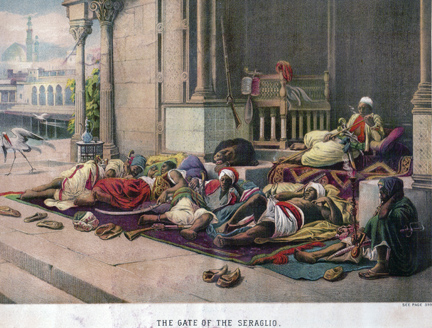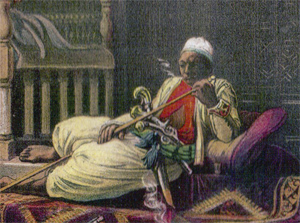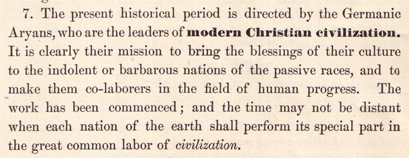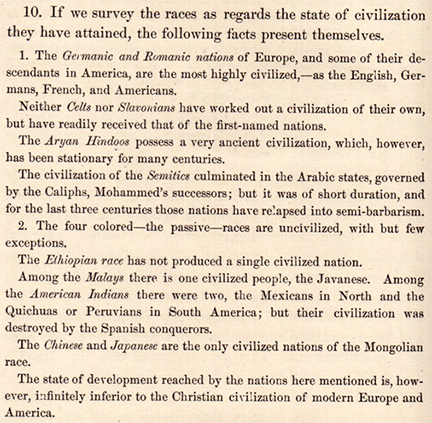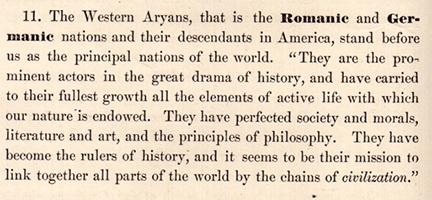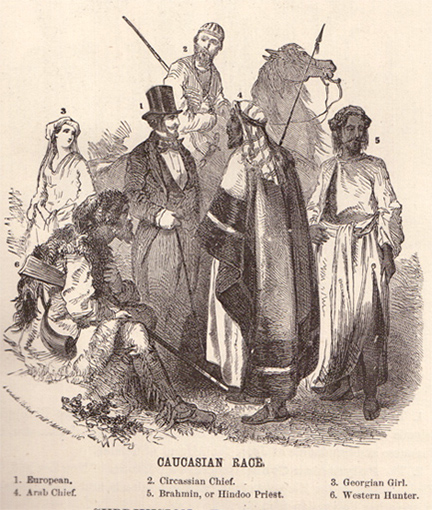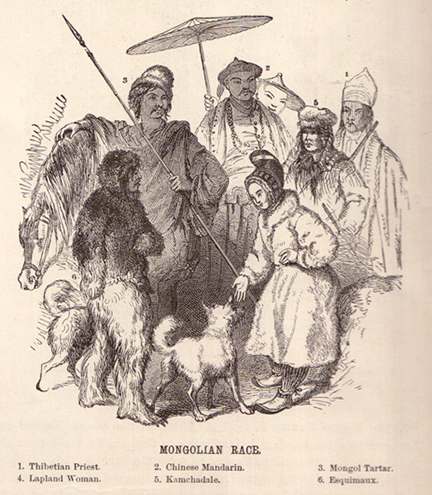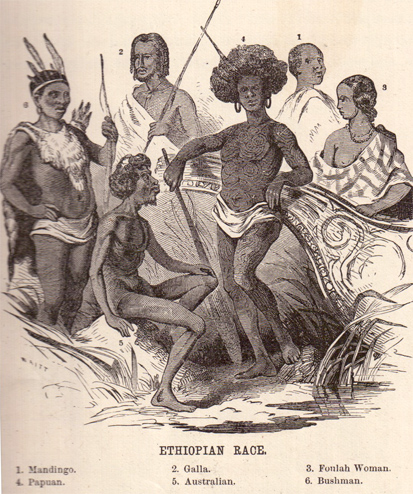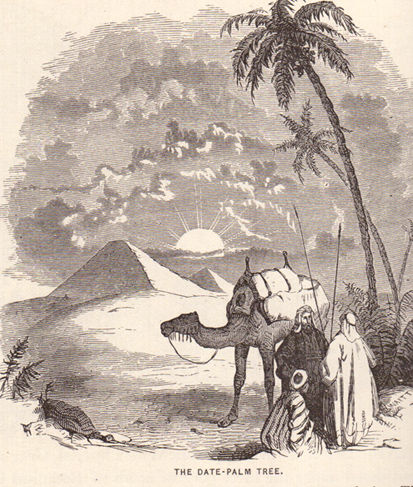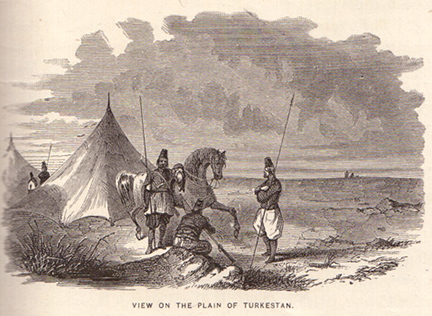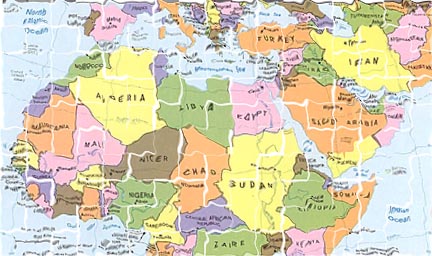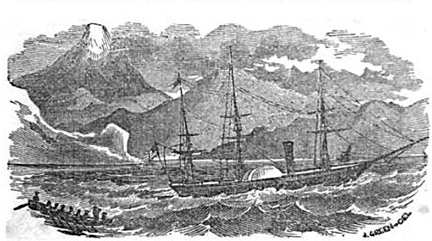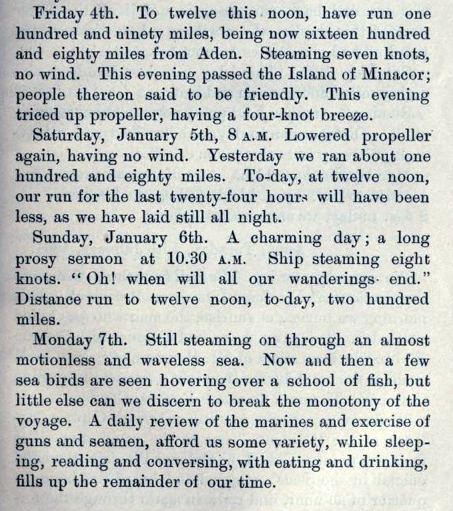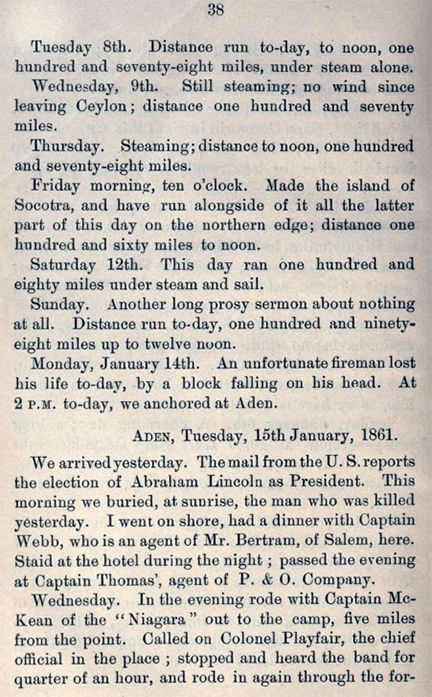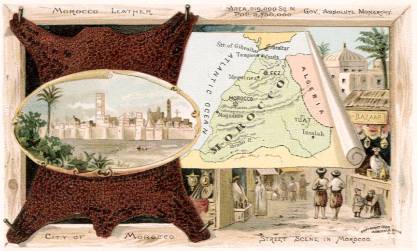
Robert Clive and Mir Jafar after the Battle of Plassey, 1757, by Francis Hayman
In 1894, as Queen Victoria smiled upon the empire upon which the sun never was allowed to set, the British literary historian Sir Alfred Comyn Lyall wrote a book that was to go through five editions by 1910 and reprints for a decade after. This was The Rise and Expansion of the British Dominion in India, published by Murray in London (I am using the 1919 edition, only recently ejected from my university library collection). This was, of course, before the fall, before India achieved independence from the Raj lords in 1947. As the 19th century came to a close, Lyall could boast that “the existing relations between India and England constitute a political situation unprecedented in the world’s history†(p. 3). Although Edward Said was aware of the biased Orientalist notions of Lyall, this particular book appears to have escaped Said’s justifiable wrath. He thus missed the telling remark that the “Indian people were, from the beginning, so far from objecting to the English dominion in India that they co-operated willingly in promoting it†(p. 3). Perhaps Lyall prefigures Gramsci in this respect; both understand the power of hegemony. Lyall, by the way, was also a poet, who once wrote a diatribe in verse, called Theology in Extremis, against attempts in India to convert British prisoners to Islam.
Lyall, not to be confused with his fellow civil servant and Arabist namesake, Charles James Lyall, was also concerned about the future of British India. He teases the reader with a quote made by Sir James Mackintosh that “England has lost a great dominion in North America in 1783 and had won another in India in 1805,†adding that “it was still uncertain whether the former as any real loss, or the latter any permanent gain†(p. 353). Another historian, Spencer Walpole, opined “Centuries hence, some philosophical historian … will relate the history of the British in India as a romantic episode which has had no appreciable effect upon the progress of the human family†(p. 353). Perhaps the episode was not romantic for people under British rule in India and the appreciable effect took place mainly on Indian bodies on the Indian continent. But Walpole seems quite prescient to me.
The future had to be more British rule, as Lyall saw it. Continue reading British Dominion in India →
